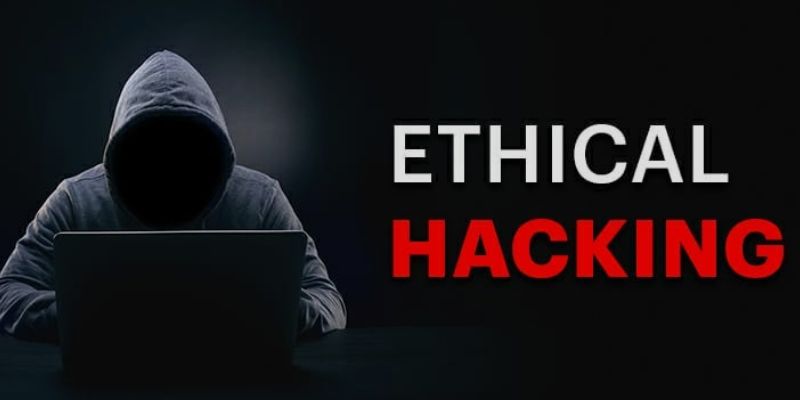White Hat vs. Black Hat: Exploring the Ethics of Hacking
Introduction
Hacking, once confined to the realm of cybercriminals, has evolved into a multifaceted field with ethical dimensions. Within this spectrum, two prominent categories emerge: White Hat and Black Hat hacking. While both involve penetrating computer systems, their motivations and methodologies starkly contrast. This blog delves into the White Hat vs. Black Hat: Exploring the Ethics of Hacking. For individuals interested in delving deeper into this field, pursuing an Ethical Hacking Course in Chennai can provide valuable insights and practical skills necessary to navigate the complexities of cybersecurity.
Understanding White Hat Hacking
White Hat hackers, often dubbed “ethical hackers,” employ their skills for constructive purposes. Their primary objective is to identify vulnerabilities within systems and networks to enhance security. By conducting authorized penetration tests and vulnerability assessments, they help organizations fortify their defenses against cyber threats. White Hat hackers typically adhere to strict ethical codes and legal frameworks, ensuring their actions are lawful and beneficial.
The Morality of Black Hat Hacking
Contrary to their White Hat counterparts, Black Hat hackers engage in unauthorized penetration of systems for personal gain or malicious intent. Their activities encompass a wide array of illicit practices, including data theft, financial fraud, and network disruption. Black Hat hacking not only undermines individual privacy and financial security but also poses significant risks to businesses, governments, and society at large. Such actions are widely condemned and carry severe legal consequences.
Ethical Dilemmas in Gray Hat Hacking
Gray Hat hackers occupy a middle ground between White Hat and Black Hat practices, blurring the lines of ethical conduct. While they may uncover vulnerabilities without explicit authorization, their intentions may not always align with malicious intent. Gray Hat hackers often face ethical dilemmas regarding the disclosure of discovered vulnerabilities and the potential ramifications of their actions. Their ambiguous stance raises questions about the ethical boundaries of hacking and the implications of their decisions. For those interested in understanding the nuances of ethical hacking and navigating such ethical dilemmas, enrolling in a Hacking Course Online at FITA Academy can provide valuable guidance and insights.
Implications for Cybersecurity
The ethical distinctions between White Hat and Black Hat hacking carry significant implications for cybersecurity. Ethical hacking serves as a proactive measure to strengthen defenses and mitigate potential threats, whereas malicious hacking undermines the integrity and security of digital systems. By promoting ethical practices and fostering collaboration between security professionals and organizations, the cybersecurity community can effectively combat cyber threats and safeguard sensitive information.
Conclusion
This blog delves into the White Hat vs. Black Hat: Exploring the Ethics of Hacking. In the complex landscape of hacking, ethical considerations play a pivotal role in shaping outcomes and consequences. White Hat hacking embodies the principles of integrity, responsibility, and collaboration, serving as a force for positive change in cybersecurity. By embracing ethical hacking practices and prioritizing security measures, we can collectively strive towards a safer and more resilient digital future. For individuals looking to deepen their understanding of ethical hacking and contribute to this mission, enrolling in an Ethical Hacking Course in Bangalore can provide the necessary knowledge and abilities to make a significant influence in the field.
Also Check: Ethical Hacking Careers- A Comprehensive Guide

